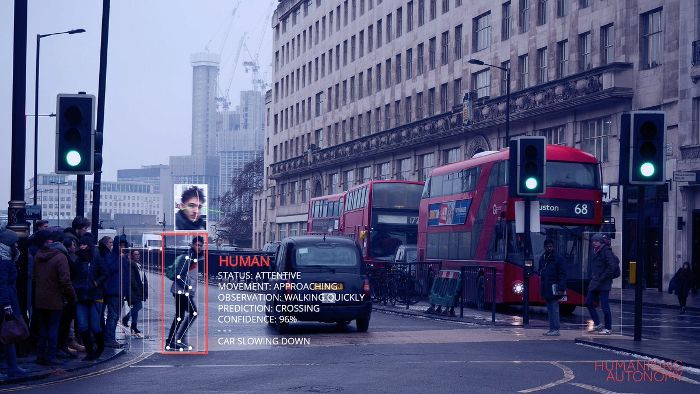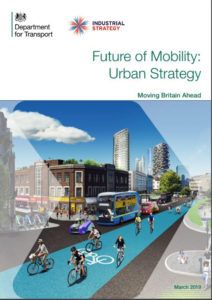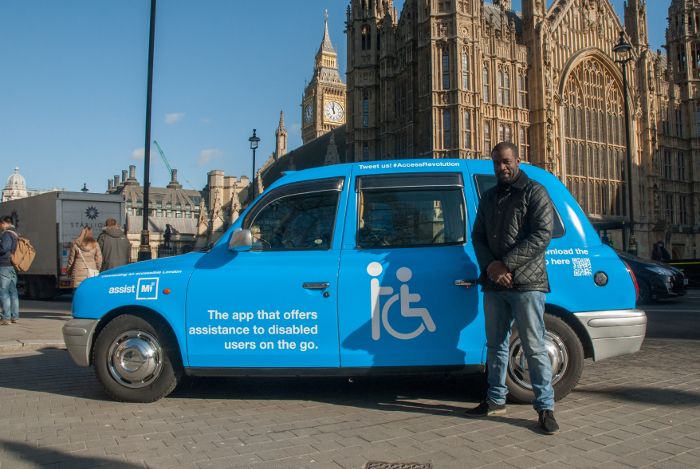The UK Government has reaffirmed its commitment that new modes of transport and pioneering technologies should transform travel for older people and those with disabilities, as part of its long-term aim of making the entire mobility ecosystem accessible by all users.
The government notes that transport is vital for connecting people right across the country, but those with disabilities or mobility issues can sometimes face unacceptable barriers to travel. Speaking at an event in Bristol, the UK’s Future of Mobility Minister, Jesse Norman has set out that new technologies including self-driving vehicles and the increased use of mobile apps have the potential to revolutionize everyday journeys for people with mobility issues, and this must be a key consideration for those companies developing future transport. In its ‘Future of mobility: urban strategy’ policy document that was launched in March, the government declared that transport innovations must be accessible by design in order to empower independent travel, in line with the 2018 Inclusive Transport Strategy which stated that advances in technology should provide opportunities for all by 2030.

The government highlights several recent projects that combine accessible mobility with a range of new transport innovations, including:
 The world’s first trials of self-driving vehicles for blind veterans. A joint venture launched by Blind Veterans UK and Aurrigo in April, the self-driving pods are equipped with accessible features including bright color edges, door openings and an external sounds system that changes tone and rate when objects in the path are detected.
The world’s first trials of self-driving vehicles for blind veterans. A joint venture launched by Blind Veterans UK and Aurrigo in April, the self-driving pods are equipped with accessible features including bright color edges, door openings and an external sounds system that changes tone and rate when objects in the path are detected.- The Flourish multi-sector collaboration that has been helping to advance the successful implementation of connected and autonomous vehicles (CAVs) in the UK, by developing services and capabilities that can be harnessed to enhance and enable travel for older adults and those with mobility-related conditions.
- Developed by a Sunderland-based company, assist-Mi is an assistance app that offers help to disabled people using a unique combination of location-based technologies and two-way messaging, giving them more independence when accessing everyday goods and services.
- Humanising Autonomy, a company that is helping to ensure self-driving vehicles are safe by predicting pedestrian intent, with the technology designed with the most vulnerable road users in mind, such as the elderly, disabled people, and children.
Speaking at the Flourish project’s final event, Norman said, “Self-driving technologies could greatly improve the mobility of vulnerable user groups, helping to address problems of isolation and loneliness across the country. The needs of older people, and those with visible or hidden disabilities, must be at the heart of all new modes of transport.”
Chair of the Disabled Persons Transport Advisory Committee, Keith Richards, noted, “Self-driving vehicles offer increased independence and options for travel, but accessibility has to be at the center of the development of the technology. The diverse needs of users, both inside and out of the vehicle, need to be considered from the outset, as not everyone will react to an automated vehicle in the same way. People with hearing or visual disabilities, for example, need to be properly recognized and safeguarded.





